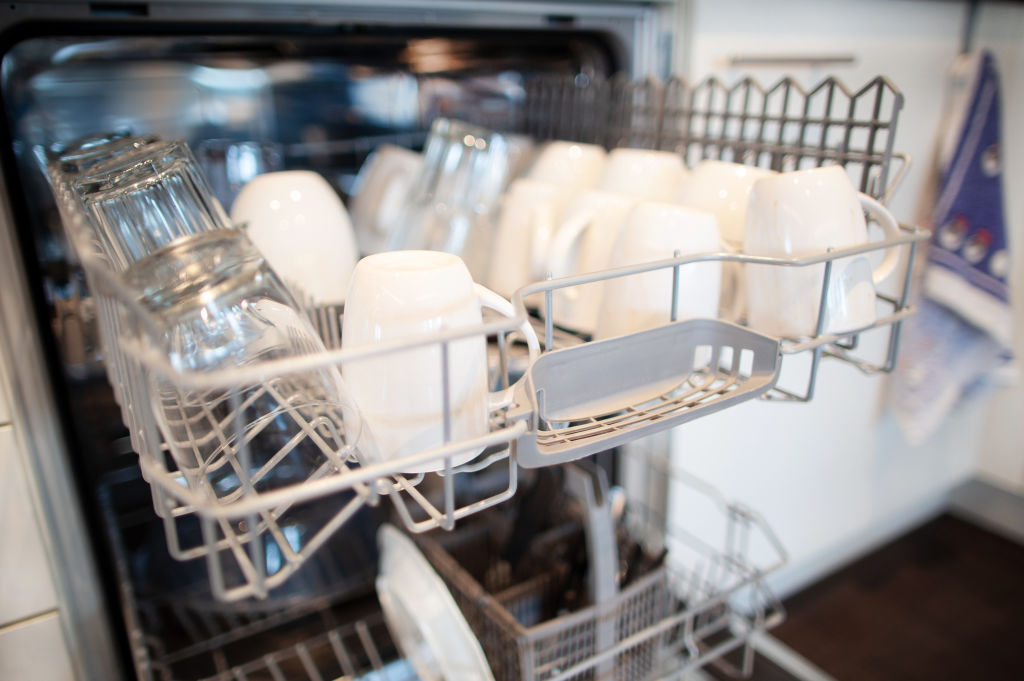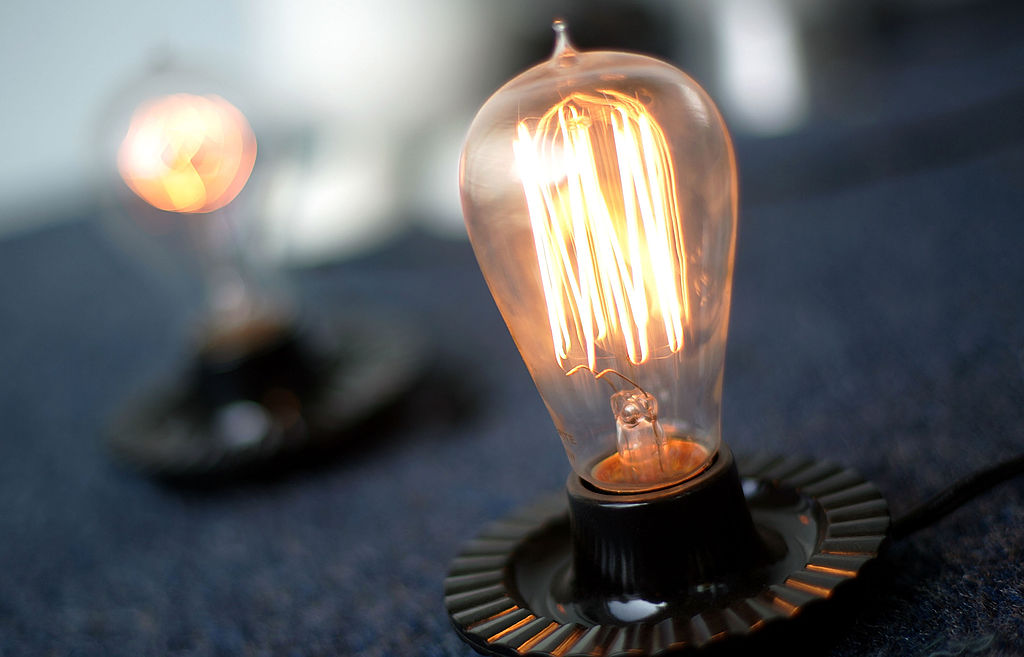When the calendar turned to August 1, consumers waved goodbye to the greatest invention in human history: incandescent light bulbs. Last year, the Department of Energy (DOE) issued rules that effectively ban the production and sale of what it calls “general service lamps.” As Liberty Nation reported in May 2022, the US government is laying the red carpet for energy efficiencies that it says will allow households to save $3 billion a year on their utility bills and “cut emissions of planet-warming carbon dioxide by an estimated 222 million metric tons over the next 30 years.” Sorry, Thomas Edison, Bidenomics means manufacturers and retailers violating the ban will face a fine and force shoppers to buy LED bulbs.
This is another environmentally friendly decision that could result in a shrug by the American people. Still, the latest government overreach is part of the current administration’s broader green agenda that targets anything that provides convenience, comfort, and efficiency to people. What else are the White House and Democrats cracking down on? Hint: It is not only gas stoves.
The War on Home Appliances
In May, the Energy Department unveiled new energy efficiency standards that would affect more than a dozen product categories, with the chief focus on home appliances. The US government has either launched or finalized new rules on laundry machines, microwave ovens, dishwashers, and refrigerators.
“This Administration is using all of the tools at our disposal to save Americans money while promoting innovations that will reduce carbon pollution and combat the climate crisis,” said Energy Secretary Jennifer Granholm in a statement. “With today’s announcements, DOE is making rapid progress to strengthen outdated energy efficiency standards—as directed by Congress and in coordination with our industry partners and stakeholders—and support healthier, safer communities for the American people.”

(Photo by Martin Gerten/picture alliance via Getty Images)
Critics contend that peddling appliance regulation, particularly on something like a dishwasher, worsens the performance of these products. This was even acknowledged by former President Donald Trump in 2020, who pointed out that the current regulatory environment resulted in households using more total water because the machines did not supply enough water during a single cycle. Because manufacturers had to meet rigid pre-Biden energy efficiency standards, it was discovered that dishwasher cycle times had been steadily rising. Dishwasher makers had to satisfy federal standards by ensuring these machines utilized less water and electricity, meaning they had to build products that recirculated less water during a longer wash cycle. The result? Households rerun wash cycles or shift to handwashing, which is not energy efficient.
“The dishwashers, they had a little problem. They didn’t give enough water, like, so people would run them ten times, so they end up using more water. And the thing’s no damn good. We freed it up. Now you can buy a dishwasher and comes out and beautiful,” Trump stated on the campaign trail.
The department’s new dishwasher rules will go into effect in 2027. They are projected to save households $168 million a year on utility bills while reducing carbon dioxide emissions by 12.5 million metric tons. But a coalition of 19 industry and consumer groups, led by the Competitive Enterprise Institute, warns these rules would prove to be more “harmful” to consumers.
“As it is, the existing energy and water efficiency measures for dishwashers have led to widespread and well-documented dissatisfaction over cycle times that have more than doubled from about an hour to two or more,” the group stated in a letter to the DOE. “The proposal to tighten these provisions would very likely make things worse. Further, since the existing energy and water limits are already quite stringent, the proposal to tighten them would generate very little marginal savings. Overall, dishwashers may well have the distinction of being the most overregulated home appliance, yet DOE now seeks to regulate them further.”
Your Water Heaters Are Next
On July 26, the DOE presented even more regulations in a 1,500-page document in the name of utility savings and lower emissions. This time, Washington will be homing in on water heaters by mandating better efficiency for models using heat pump technology, as well as gas-fired water heaters. But experts suggest this plan will increase consumer prices, raise installation costs, and produce corrosion risks.

(Photo illustration by Justin Sullivan/Getty Images)
“Their plan is to electrify everything they possibly can because they are under this distorted fantasy that renewables will be plentiful and cheap and reliable. They are none of the above,” Mark Krebs, an engineer, energy policy consultant, and former DOE adviser, told Fox News. “The physics defy what they want to do, the raw materials defy what they want to do, a free-market economy defies what they want to do.”
Others, including water heater manufacturers, warn this will restrict consumer access and disproportionately affect middle-income households and small businesses. In addition, some even purport that homes will witness higher energy bills and shorter appliance lifespans if these rules are successfully forced onto the marketplace.
Cold Dead Hands
Despite leftists claiming that the government taking away your gas stoves was a conspiracy theory, New York immediately proved the concern was accurate. Washington might not be installing a nationwide ban, but its rules and regulations will make buying and owning the product more expensive. In fact, the end result of this war on home appliances is making everything costlier. Is this the chief objective of the regulatory green zealots? Nobody knows for sure, but as Liberty Nation’s Leesa Donner wrote last year, “While the climate changers worship at the altar of energy use, one can’t help but wonder about the full spectrum of negative consequences that this new edict will bring forth.” For now, enjoy the incandescent light bulb, stuff your dishwasher, and cook a nice meal on your gas stove.



